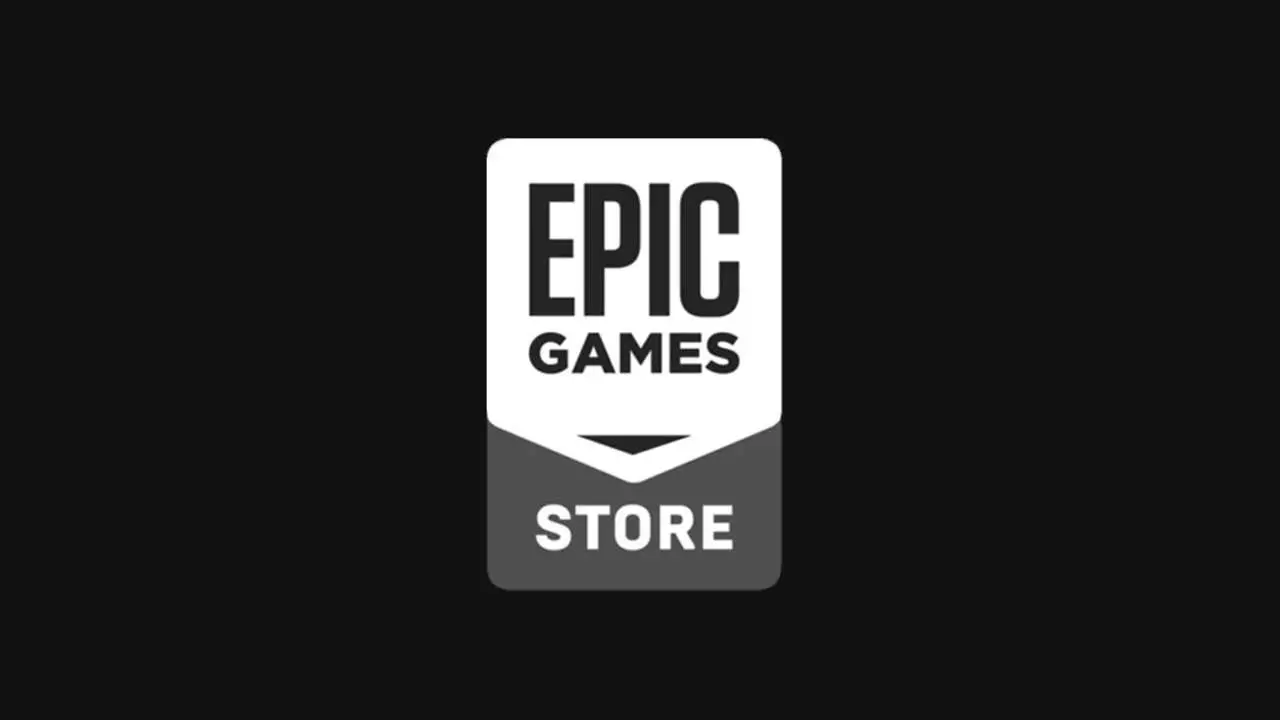In recent developments, The European Consumer Organization (BEUC) has taken a stand against major players in the mobile gaming industry, such as Epic Games, Electronic Arts, and Microsoft. This comes in response to growing concerns over how these companies engage in marketing practices that are perceived as misleading, particularly towards children. The complaint filed with the European Commission has sparked discussions about consumer rights, the ethics of in-game purchases, and the responsibilities of gaming companies in protecting vulnerable players.
BEUC’s complaint, encapsulated in a comprehensive 36-page report, alleges that these companies utilize “harmful commercial practices” to manipulate players into making in-app purchases. Key issues highlighted include the use of loot boxes—randomized rewards that often require financial investment—as well as deceptive design choices that encourage impulsive spending. The organization claims that through aggressive marketing strategies and the introduction of in-game premium currencies, these companies are not just enticing gamers but are exploiting their lack of awareness about the implications of spending, particularly targeting younger audiences.
“Harmful commercial practices can be detrimental to one’s financial well-being,” stated BEUC Director General Agustin Reyna. The sentiment reflects a broader concern among consumer advocates about the ethical implications of these gaming strategies, specifically aimed at protecting children, who may not fully understand the financial consequences of their in-game decisions.
In response to BEUC’s allegations, Video Games Europe, a coalition representing various mobile gaming companies, has defended their practices. They argue that while the purchase of in-game currencies is a common practice, it is generally well understood by players, emphasizing that many mobile games can be enjoyed without requiring any monetary investment. Their stance indicates a belief in the transparency of their marketing, stating that they comply with European consumer laws surrounding in-game purchases.
This clash of perspectives raises critical questions about accountability in the gaming industry. Are companies truly acting transparently, or are they using loopholes and deceptive techniques to maximize profits at the expense of consumer wellbeing? The discussion is not merely academic; it highlights a significant divide between industry practices and consumer protection advocacy.
As the discussions progress, the question remains: how will regulators respond to these complaints? With the increasing prevalence of in-app purchases and the growing scrutiny on financial risks posed to young gamers, there is an urgent need for clear regulations to ensure that companies abide by ethical marketing practices. It is imperative for regulators to define parameters that protect consumers while respecting the entertainment value that mobile games provide.
Furthermore, this situation may serve as a catalyst for other regions to evaluate their own regulations surrounding gaming practices. A more standardized international approach could help address the fixation on profit over player protection, ensuring that future gamers enjoy a safe environment free from manipulative practices.
The allegations put forth by BEUC highlight significant ethical concerns within the mobile gaming industry. The battle between consumer protection and corporate interests is ongoing, and it is clear that concerted efforts are necessary to ensure that the virtual gaming world becomes a space that prioritizes user welfare. As the dialogue continues, both players and industry participants must engage in discussions regarding the responsibilities of game developers and the pressing need for accountability in marketing practices.


Leave a Reply